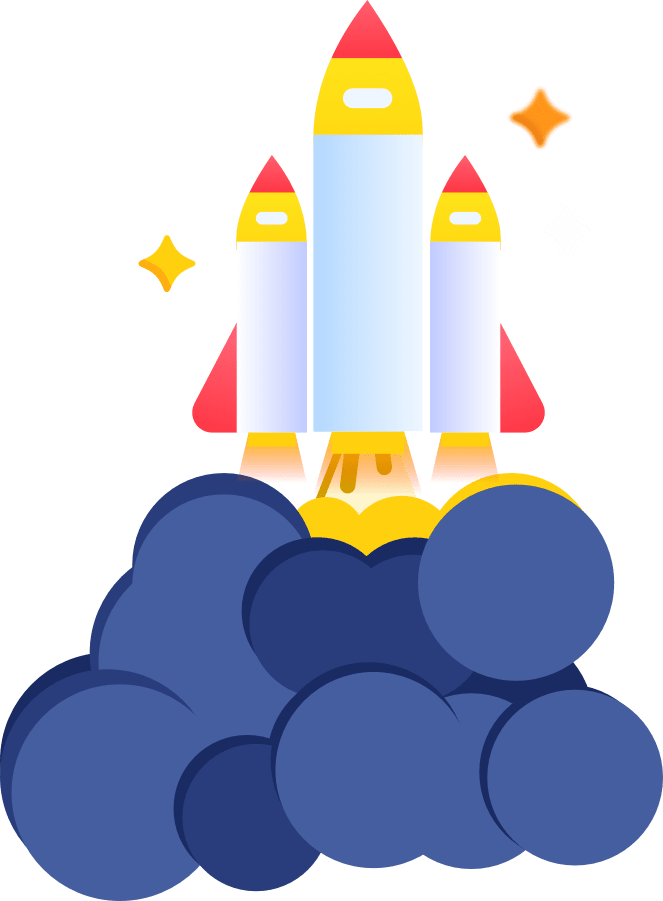We Will
Be Back Soon
Get ready we have something coming that is going to blow you away. Below is a sneak peek of what we offer. Check back often for our Tutorials and Template.
- Exclusive Canva Animation Tutorials
- Canva Custom Templates
- Free Resource Downloads
- Beta Access or Early Bird Offers
- Product Design
- Consulting
